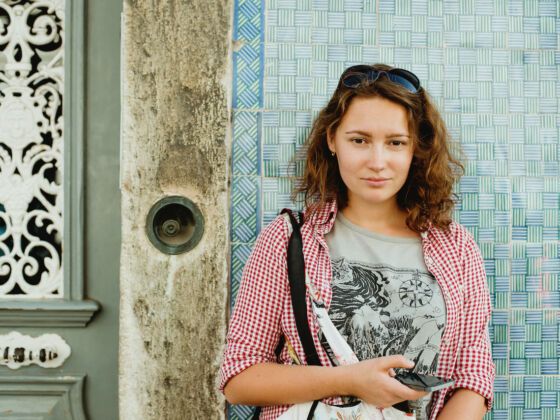TO AMERICANS LIVING STATESIDE, recent terrorist attacks in Europe were awful but they were far away. To me, these incidents have been too close to home.
After the Charlie Hebdo massacre, a sense of uneasiness wafted through the cubicles of the media firm where I work in Kaiserslautern, Germany. In November 2015, more than 130 people were killed in Paris while enjoying their weekend, attending concerts and dining on sidewalk patios just as I do. In March, travelers at the main train station and airport in Brussels were murdered, and more recently passengers on a train in Germany were attacked with an axe. I am at train stations and airports several times a month. I have walked down the same boulevard in Nice, France where revelers were run over in July, including two from my Texas hometown.
I wish I could say that recent terrorist attacks have had no impact on how I travel, but that isn’t the case. Here’s what’s changed for me.
